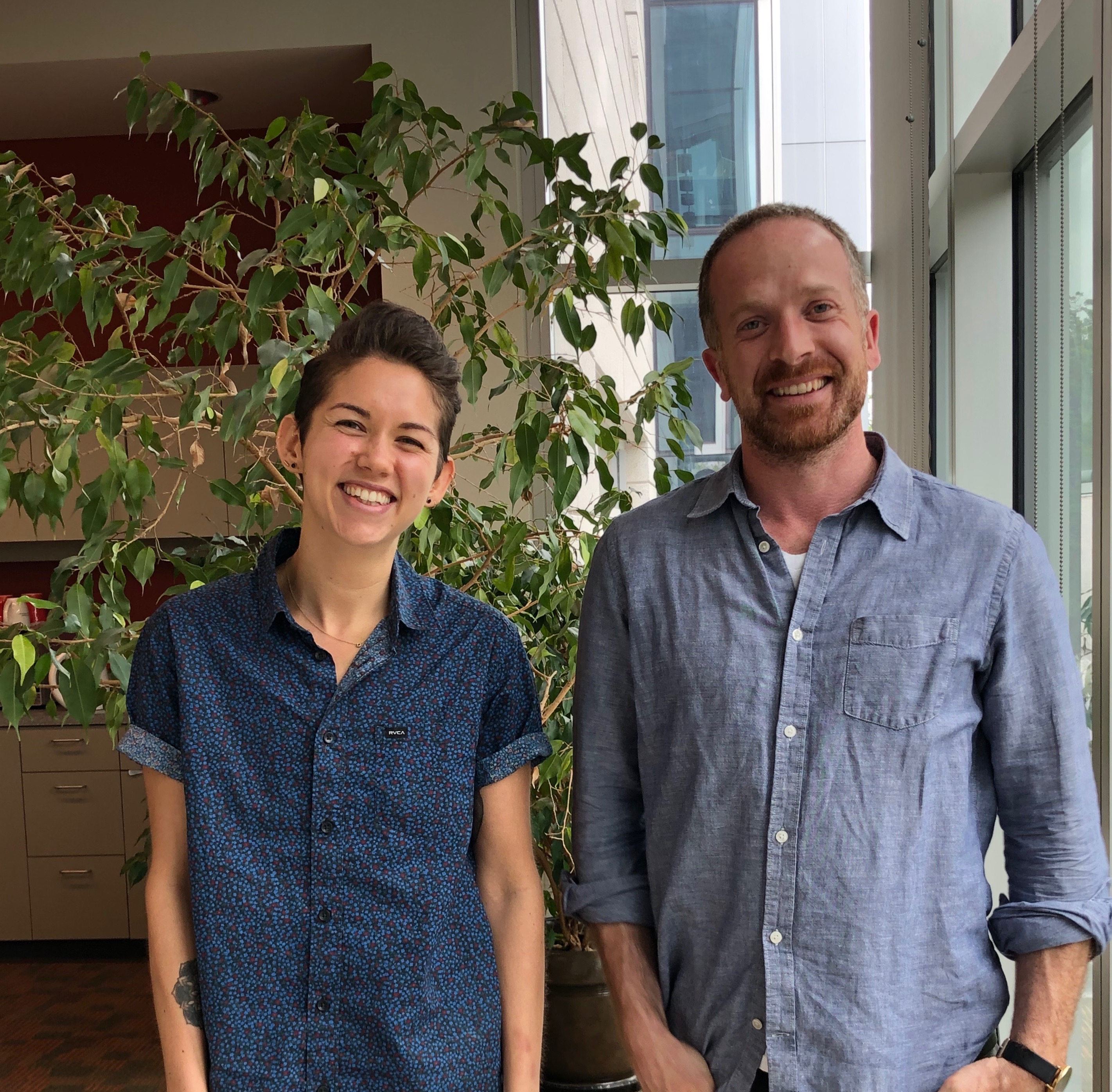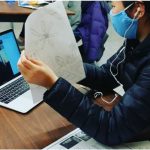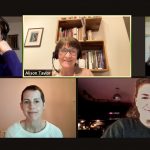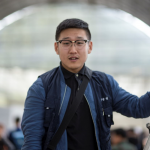By Alison Taylor
Careful course planning is a cornerstone of Evan’s Law and Society course. Project manager Kristi Carey co-designed community-engaged activities (with Evan and Heather Latimer) that scaffold students’ learning experiences. In scaffolding, an instructor adds supports for students to enhance their learning by systematically building on their experiences and knowledge.
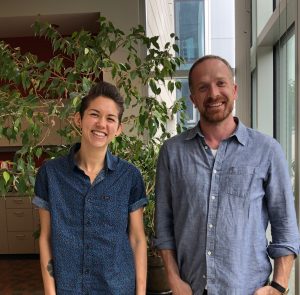
This year, Evan and Kristi co-designed activities that gave the first-year students a chance to “dip their toes” into law and society in the local context, initially as spectators and later as witnesses and participants.
Early in the fall semester, students watched a video-recorded lecture about Pivot, an advocacy group that partners “with marginalized people and grassroots organizations to challenge legislation, policies, and practices that undermine human rights, intensify poverty, and perpetuate stigma.”[1] At the same time, they were reading philosophical and critical theory works by writers like Giorgio Agamben and Nancy Fraser. Closer to home, they read literary work by Bud Osborne, a poet and founding member of Vandu (Vancouver Area Network of Drug Users).
Later, students had a chance to engage face to face in dialogue with a human rights lawyer working with Pivot on health and drug policy.[2] Only then did they move off campus to witness activities like the February 14th Annual Women’s Memorial March for Murdered and Missing Women; a tour of Insite’s Supervised Injection Site; and helping at West Coast LEAF’s[3] Annual Equality Breakfast.
Scaffolding, in this course, meant students and the instructor moving out of their comfort zones physically and intellectually. But unlike common usages of scaffolding as a concept, the destination of learning was not entirely certain.
Assessing changes in learning was also more complex than is the case for traditional pedagogies. For example, how does one measure the way students seem to care more about class readings when they see how they’re connected to “real world issues,” the way they dialogue in more respectful yet rigorous ways, and how they hold each other responsible for their collective engagement in community?
A critical moment for Evan occurred when students met early one February morning to take the bus downtown to the Carnegie Community Centre to join the Memorial March. Students were prepared for the protocol of the event,[4] but because they arrived early, some students moved to the front of the march.
[1] See website: http://www.pivotlegal.org/our_story
[2] “Pivot works with people who use drugs to create legal and policy change that will meet their most pressing needs, including timely access to a range of health services, harm reduction programs, and addiction treatment options in their own communities” (see: http://www.pivotlegal.org/health_drug_policy).
[3] Women’s legal and education action fund, see: http://www.westcoastleaf.org/
[4] See protocol: https://womensmemorialmarch.wordpress.com/
